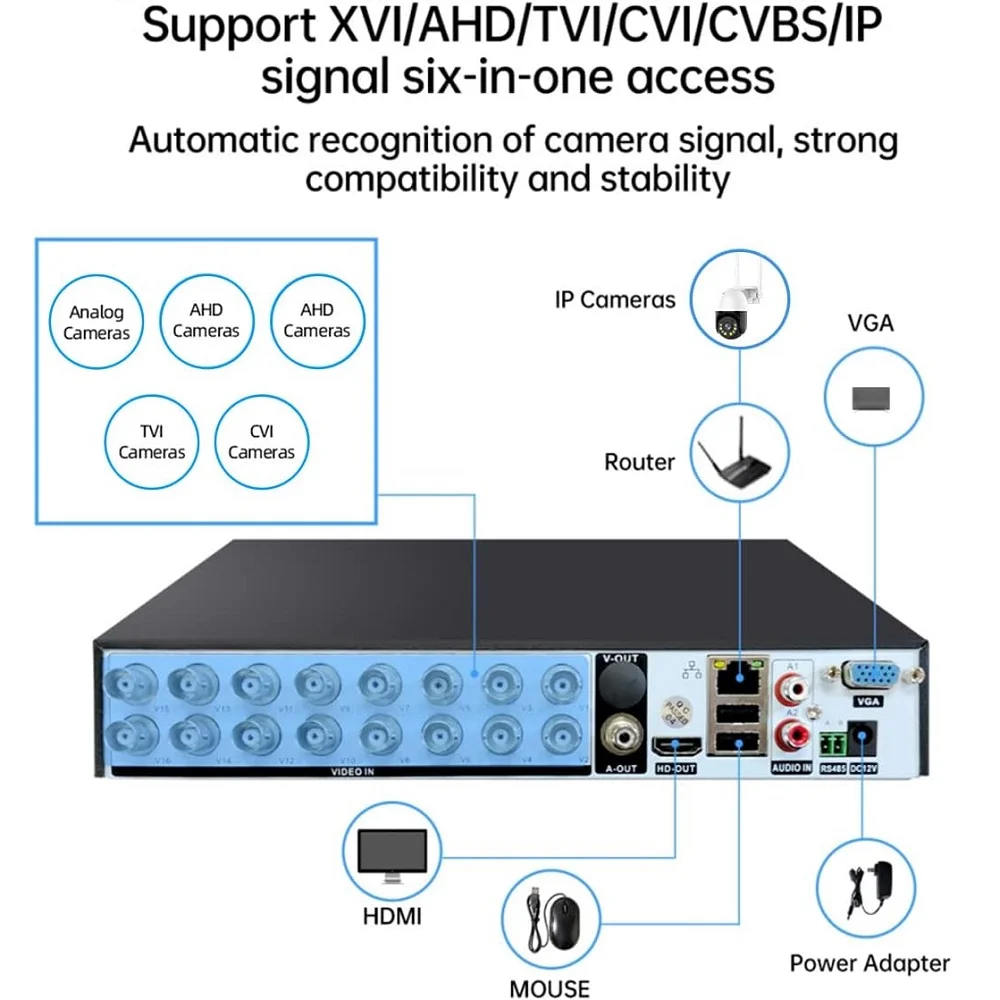Introduction
What is 127.0.0.1:6289?
127.0.0.1:6289 is a specific designation within computer networking, referring to the IP address 127.0.0.1 and port number 6289. The IP address 127.0.0.1, commonly known as localhost, is used to establish a connection to the same machine or computer being used by the end user. It allows developers to test software and network configurations locally without needing external network access. Port 6289 is one of many ports that can be used to direct traffic to specific processes or services running on the local machine.
Historical Context
The concept of localhost has been integral to computer networking since its early days. The IP address 127.0.0.1 was standardized in the early iterations of the Internet Protocol (IP), providing a loopback mechanism for testing and development purposes. Over time, the use of specific ports, such as 6289, became a common practice to further organize and manage network traffic on a local machine.
Importance in Modern Computing
In today’s technology landscape, 127.0.0.1:6289 plays a crucial role in software development, network configuration, and security testing. It allows developers to simulate network environments and test applications without external dependencies, ensuring that software works correctly before deployment. This makes it an indispensable tool in modern computing, from small-scale personal projects to large-scale enterprise systems.
Technical Specifications
IP Address Basics
An IP (Internet Protocol) address is a unique identifier assigned to each device connected to a network that uses the Internet Protocol for communication. It ensures that data sent over the internet reaches its correct destination. IP addresses can be IPv4, which are 32-bit numbers, or IPv6, which are 128-bit numbers. 127.0.0.1 is an IPv4 address designated for loopback testing.
Understanding Ports
Ports are virtual endpoints for communication. They allow multiple services to run on a single IP address by distinguishing between different types of traffic. Port numbers range from 0 to 65535, with certain ranges reserved for specific types of services. Port 6289 is one such endpoint, used to direct specific traffic to the correct service on a local machine.
Role of 127.0.0.1 in Networking
127.0.0.1 is reserved for loopback testing within the local machine. It allows the machine to send and receive data to itself, facilitating the testing and development of network applications without needing an actual network connection.
Specifics of Port 6289
Port 6289 is used to direct traffic to specific services or applications running on 127.0.0.1. It can be configured for various purposes, such as database connections, application testing, or network services, depending on the needs of the developer.
How 127.0.0.1:6289 Interacts with Other Ports and IPs
When used in conjunction with other ports and IP addresses, 127.0.0.1:6289 allows for complex network configurations and testing scenarios. Developers can simulate interactions between different services and applications, ensuring compatibility and performance before deployment.
Applications
Common Uses in Software Development
In software development, 127.0.0.1:6289 is used extensively for local testing and development. It allows developers to run their applications on their local machine, testing functionality and performance without affecting live environments.
Role in Localhost Testing
Localhost testing is critical for developing and debugging software. By using 127.0.0.1:6289, developers can create isolated environments to test new features, identify bugs, and ensure that applications run smoothly before they are deployed to production servers.
Integration in Network Security
127.0.0.1:6289 is also used in network security to test and secure applications. Security professionals can simulate attacks on local environments, identifying vulnerabilities and implementing protections before exposing applications to real-world threats.
Usage in Database Management
In database management, 127.0.0.1:6289 can be used to connect to local database instances. This allows database administrators to manage, query, and maintain databases locally, ensuring that changes are correct and efficient before applying them to remote databases.
Benefits
Simplification of Local Testing
One of the primary benefits of 127.0.0.1:6289 is the simplification of local testing. Developers can test applications in a controlled environment, ensuring that all components interact correctly without external interference.
Enhancing Security
Using 127.0.0.1:6289 enhances security by allowing developers to identify and fix vulnerabilities in a local environment. This reduces the risk of exposing sensitive data or functionality to the internet before it is secure.
Streamlining Development Processes
127.0.0.1:6289 streamlines development processes by providing a reliable environment for testing and development. This reduces the time and effort needed to deploy and test applications on remote servers, speeding up the development cycle.
Challenges and Limitations
Potential Security Risks
While 127.0.0.1:6289 offers security benefits, it also poses potential risks if not properly managed. Misconfigurations or vulnerabilities in local applications can be exploited, potentially leading to unauthorized access or data breaches.
Troubleshooting Common Issues
Troubleshooting issues with 127.0.0.1:6289 can be challenging. Common problems include misconfigured firewall rules, incorrect port assignments, and software bugs. Identifying and resolving these issues requires a thorough understanding of networking and software development.
Limitations in Networking Scenarios
127.0.0.1:6289 is limited to local testing and cannot be used for remote communication. This can be a limitation in scenarios where testing requires interaction with external networks or services.
Latest Innovations
Advancements in Localhost Technology
Recent advancements in localhost technology have improved the functionality and security of 127.0.0.1:6289. New tools and frameworks make it easier to set up and manage local environments, enhancing the development process.
Emerging Uses of 127.0.0.1:6289
Emerging uses of 127.0.0.1:6289 include advanced security testing, complex application development, and integration with new technologies such as containerization and microservices.
Updates in Networking Protocols
Updates in networking protocols have improved the performance and reliability of 127.0.0.1:6289. These updates ensure that local testing environments remain compatible with modern network standards and practices.
Future Prospects
Predictions for Localhost and Port Usage
The future of localhost and port usage looks promising, with continued advancements in technology and practices. Predictions include increased use of local environments for development, enhanced security measures, and more sophisticated testing tools.
Future Developments in Network Security
Future developments in network security will likely focus on improving local testing environments such as 127.0.0.1:6289. This includes better tools for identifying and mitigating vulnerabilities, as well as more robust security protocols.
Innovations in IP Address Management
Innovations in IP address management will streamline the configuration and use of addresses like 127.0.0.1. This will make it easier for developers and network administrators to set up and manage local environments.
Comparative Analysis
Comparison with Other IP Addresses
Compared to other IP addresses, 127.0.0.1 offers unique benefits for local testing and development. Unlike external IP addresses, it allows for isolated testing environments, reducing the risk of exposure to external threats.
Comparison with Other Ports
Port 6289, when compared to other ports, provides specific advantages for certain types of traffic. Its use in local environments makes it ideal for testing and development, offering a dedicated endpoint for specific services.
Advantages Over Remote Testing
127.0.0.1:6289 offers several advantages over remote testing, including improved security, reduced latency, and greater control over the testing environment. This makes it an essential tool for developers and network administrators.
User Guides or Tutorials
Setting Up 127.0.0.1:6289 for Testing
Setting up 127.0.0.1:6289 for testing involves configuring your local machine to direct traffic to port 6289. This can be done through software settings, firewall configurations, and network tools.
Best Practices for Secure Use
Best practices for secure use of 127.0.0.1:6289 include regularly updating software, configuring firewalls correctly, and monitoring for vulnerabilities. Ensuring that only authorized users have access to the local environment is also crucial.
Troubleshooting and Maintenance Tips
Troubleshooting and maintaining 127.0.0.1:6289 involves regularly checking configurations, monitoring traffic, and addressing any issues that arise. Tools such as network analyzers and debugging software can help identify and resolve problems.
Conclusion
Recap of Key Points
127.0.0.1:6289 is a vital tool in modern computing, offering a secure and reliable environment for local testing and development. Its role in software development, network security, and database management makes it an essential part of the technology landscape.
Future Implications for Networking and Development
The future of 127.0.0.1:6289 looks promising, with ongoing advancements in technology and practices. Its continued use and development will enhance the security, efficiency, and reliability of local testing environments, benefiting developers and network administrators alike.






Be First to Comment